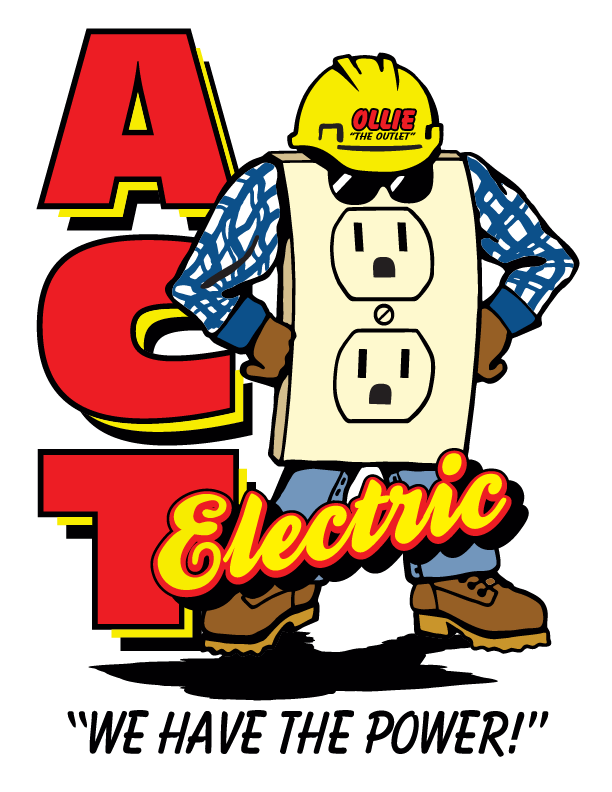The Changing Electrical Landscape
In an old movie, starring Bill Murray, numerous scenes begin with an alarm clock going off, which makes the character open his eyes to start a new day. We will look more closely at that in just a moment.
Electricity is made at power plants by massive generating stations. Some power plants use coal, ground into dust for maximum efficiency. Some use natural gas or other means. This fuel, in turn, is burned and used to heat boilers. These boilers have pipes running around them full of water. This water turns to steam. The steam travels through the pipes to turn the turbines, which rotate copper-filled tubes within a magnetic field. The movement charges the electrons in the copper, which create an electric current. (The steam then condenses back into water and travels back to the boilers, where it turns into steam again to repeat the process.)
The current is sent to transformers, which increase the voltage, which allows the power to be sent long distances through a series of transmission lines. Transmission lines run along tall metal transmission towers. From there, the current goes to transmission substations, where the voltage is lowered. A typical transmission substation handles the power for thousands of customers.
From the substation, the current is routed to lower voltage lines, where it travels to distribution subcenters, which usually serve hundreds of customers. The voltage is once again lowered and then sent to branch lines, where it goes through service drop lines, and the power is reduced again. Then it travels through a final transformer and arrives at homes and businesses through a service drop line, down your service meter box, and then through your fuse box.
From there, it can be accessed through a complex grid of wires, switches, and outlets-- power you can access reliably and continuously.
Why is this important? Back to our movie.
Each day, millions of people flip a switch and light magically appears. Our coffee percolates or drips while the toaster burns our breakfast. We shave, shower, and dress, only to start our day in the same manner as Bill Murray’s character. But, things don’t stay the same, even if they appear that way. We’re learning more about how to use energy every day. And, like the complexity of the movie, the story of electricity behind the scenes, and how it arrives each and every time we want it, is much more complicated than it first appears.
In the quest for cleaner, better, and safer forms of energy, the general manner in which most electricity is created and the way that power is propelled to consumers is changing. The range of options for electrical creation includes nuclear energy, hydroelectric energy, solar energy, and wind energy. Even though, for example, solar energy only creates a tiny fraction of the power available, the generation of solar power has doubled every month for the last five years. It has been proven to be a remarkable source of renewable energy, with minimal impact on the planet.
As new technologies are discovered, and methods of maximizing already-existing technologies become available, the way we collect and utilize energy will change substantially. And like the theme of that old movie, we need to work in tune with the forces of nature so we can be ready to meet our future.
The qualified electricians at ACT Electric perform quality lighting, wiring, home generators, landscape and security lighting, and new home wiring jobs. We are a 24-hour emergency electrician to cater to all your needs any time of the day or night. call at (480) 986-1722.



